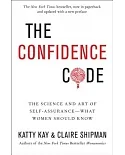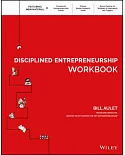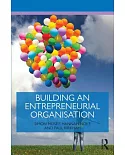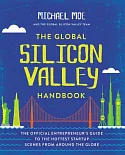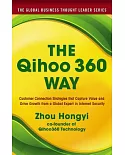Small businesses make up some 90-95 percent of all global firms. Many undervalue the importance of information and communication technology (ICT). Research on ICT use in large businesses does
not translate easily to the highly disparate small business environment. Even within the small business segment there can be significant differences amongst the avid early adopters of ICT and
the ICT laggards. Research on early adopters tends be more prevalent as they are perceived to have a more interesting and positive story. However, late adopters and ‘laggards’ also have their
own interesting stories that are under-reported. This represents a gap in the business and ICT literature.
Small Businesses and Effective ICT draws on research undertaken over several years and documents the adoption/use of ICT across early adopters (ICT Leaders), late adopters (ICT Operationals)
and ICT Laggards. The findings are presented using a re-formulation of the LIASE framework that was developed for the non-profit sector. LIAISE addresses a number of adoption areas that
include ICT literacy (L), information content/communication (I), Access (A), Infrastructure (I), Support (S) and Evaluation (E). The use of the LIAISE framework for evaluation and
presentation purposes is original and gives the book a novel and creative perspective.
Focusing on two disciplines— small business and information and communications technologySmall Businesses and Effective ICT’s main aim is to provide a resource for academics in these
disciplines to inform their research in the area and amongst industry to facilitate good ICT practice amongst small businesses.
The research design, methods adopted, presentation of findings through the vignettes and ‘take away’ lessons has been written in manner to appeal to a broad range of readers including
academics, researchers, students and policy makers in the discipline.



